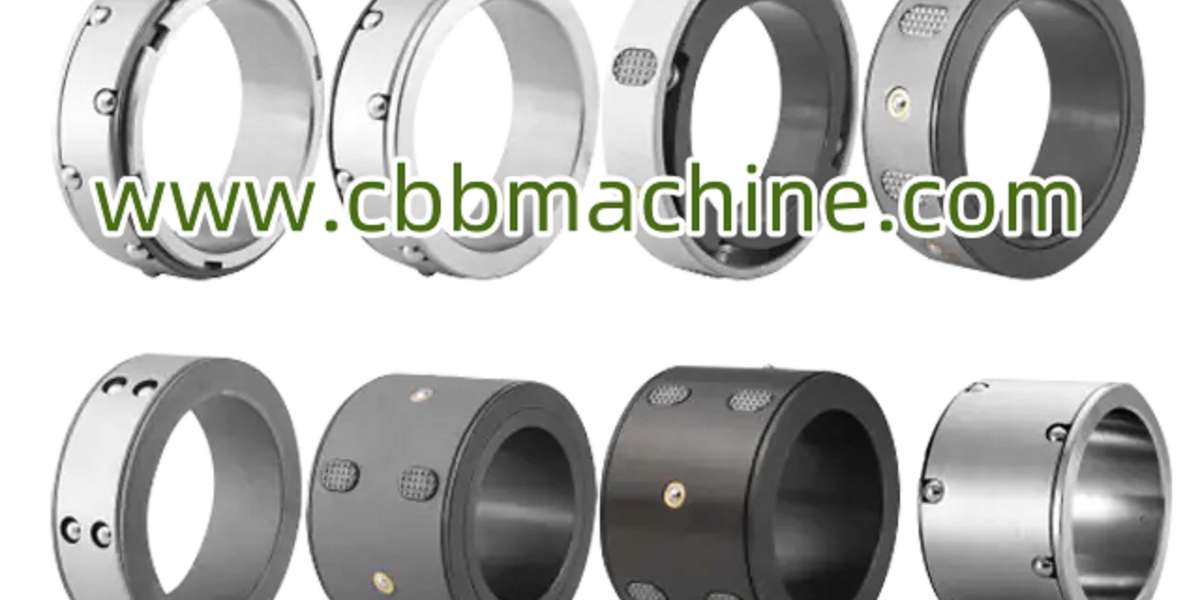Choosing the Right Differential Shaft Supplier for Precision Winding Applications
Finding a reliable Differential Shaft supplier is an important step for manufacturers involved in film, paper, foil, or nonwoven fabric processing. Differential shafts are specialized mechanical components designed to handle multiple winding cores simultaneously while maintaining uniform tension. Their ability to manage differential slip between cores makes them essential in high-speed slitting and winding machines.
A differential shaft works by enabling each core to rotate independently. When different materials or core diameters are used on the same shaft, uneven tension is a common challenge. The differential mechanism helps to absorb this variation, ensuring smooth and synchronized winding. This results in higher efficiency and reduced material waste in production lines.
One key advantage of differential shafts is their versatility. They are commonly used in applications where roll quality and accuracy matter—particularly in industries such as flexible packaging, label production, and adhesive tape manufacturing. By maintaining consistent tension across cores, they help prevent issues such as telescoping, wrinkling, or material breakage.
When evaluating a Differential Shaft supplier, manufacturers should consider several factors. Product durability, customization options, and response time for technical support are important aspects. Quality suppliers offer shafts in a range of sizes and materials, including steel, aluminum, or composite options, with adjustable torque and user-friendly designs.
Another aspect to consider is the internal mechanism used in the shaft. Friction ball-type and pneumatic friction ring-type differential shafts are two common types, each with its own performance characteristics. A knowledgeable supplier should help customers select the correct type based on the material being processed, web width, machine speed, and required torque.
Precision machining and consistent tolerances are also crucial. The components must be manufactured with attention to surface finish, roundness, and balance to ensure optimal performance under rotating conditions. In high-speed machines, even minor defects can cause vibration, noise, or uneven winding. A dependable supplier ensures that their shafts meet strict quality standards and pass all necessary inspections before delivery.
Ease of maintenance is another feature that distinguishes a competent Differential Shaft supplier. Shafts designed for quick disassembly allow operators to replace worn-out components or adjust friction settings without major downtime. This helps keep production running smoothly and minimizes maintenance costs.
In addition to physical features, the supplier’s ability to provide documentation, user guides, and after-sales service is equally important. Technical teams should be available to assist with installation, troubleshooting, or adapting the shaft to new applications.
With growing demands for automation and precision in industrial processes, differential shafts continue to evolve. Some modern designs include modular systems that allow operators to switch between core sizes or tension settings rapidly. These innovations reflect the importance of supplier collaboration during the design and testing phases of machine development.
When working with a differential shaft supplier, communication is key. Sharing detailed information about your production requirements, such as material type, line speed, core inner diameter, and machine layout, allows the supplier to recommend the most suitable shaft configuration. A tailored solution often results in better winding consistency, longer shaft lifespan, and improved operator experience.
In conclusion, differential shafts are critical components in web converting and winding applications. Their performance directly influences product quality, machine uptime, and production efficiency. Choosing a supplier that understands your industry, offers high-quality products, and provides responsive support will help your operation achieve stable and efficient outcomes.








